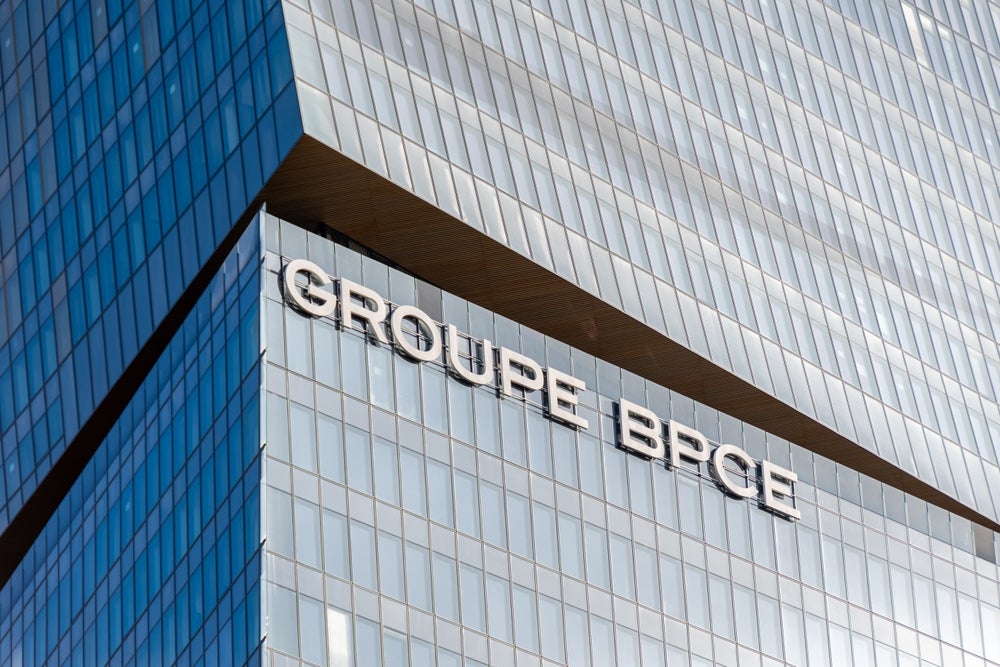Antonio Fabrizio digests a selection of
presentations from the Milan event.

Banks need to see the
value
Leasing companies should take
a strategic approach to bank integration by focusing on specific
assets and markets, delegates at the fifth annual asset finance
conference heard.
How well do you really know your competitors?
Access the most comprehensive Company Profiles on the market, powered by GlobalData. Save hours of research. Gain competitive edge.

Thank you!
Your download email will arrive shortly
Not ready to buy yet? Download a free sample
We are confident about the unique quality of our Company Profiles. However, we want you to make the most beneficial decision for your business, so we offer a free sample that you can download by submitting the below form
By GlobalDataBank integration was among
the raft of hot topics discussed by leading European lessors at the
event in Milan last month. Bank-owned lessors might be forced to
drop asset types and even turn down clients as integration
proceeds.
HSBC head of equipment
finance Richard Carter said: “Lessors will need to be fully aware
of what their parent bank is expecting from them, and say how they
could play a part in supporting the relationship with the bank’s
corporate customers.”
Tough decisions may be needed
as lessors reposition, including dropping some assets.
“Lessors need to be realistic
about what they can do and what they can’t do,” Carter
added.
“There will be times when
they will have to discuss with the bank about which assets and
asset classes they are not going to write in their business, and
should have made that decision before a potential customer
approaches them.”
On the other hand, close ties
to the bank could help lessors retain existing
customers.
“If it isn’t asset finance,
it can still be lending. The bank can still fill the gap and
provide a loan. And for leasing, if we cannot support all the
customers, our goal should be to support more of them,” Carter
said.
Nordea Finance CEO Jukka
Salonen argued that integration can only happen if lessors
demonstrate that they can add value to the corporate
relationship.
“Banks and lessors need to
find a mutually beneficial link,” he said.
“There is not a single model
for correct bank integration, but the key element is that leasing
must be seen as a growth driver. We have to make our banking
colleagues understand there is much more value addition to the
banking relationship with our solutions than traditional corporate
lending.”
This could be demonstrated by
showing specialist knowledge of assets, ability to build vendor
programmes and captive business, IT lifecycle management, and fleet
management. Bank-owned leasing companies may otherwise face the
risk of losing their identity.
Salonen added: “It will
depend on how well the bank understands the value of leasing for
its customers. But it is up to lessors to prove the solutions
offered are more than lending and leasing can add value to the
bank’s business.”
Leasing companies able to do
this will be recognised as part of the DNA of the bank.
“This way, it can become a
win-win structure for all,” Salonen said. “The customer gets a
whole selection of products and solutions, so there is a real
benefit for everyone.”
Expertise in asset finance
will make the businesses valuable to the banks.
Carter said: “Not having
asset finance would open the doors for other providers to engage
with the bank’s customers, and over the time develop a relationship
which could diminish or even replace the existing one.
“Corporate customers need to know their lenders will be
there when they ask for support, that lenders understand what they
want, and have the products that will help them.”
Profit beats
volume
UniCredit Leasing CEO
Massimiliano Moi warned that lessors should be wary about falling
into the volume trap again.
“It isn’t now, and it never
will be, the right time to reduce margins and boost volumes. It is
never the right time to give up profitability for volume,” Moi
said.
UniCredit Leasing changed its
strategy in 2008 to focus on value not volume as a reaction to the
financial crisis, and has since made profitability its top
priority. This has meant maintaining a spread of 2.39% in 2010, up
from 2.35% in 2009 and 1.73% in 2008, and monitoring parameters to
measure the company’s performance.
“Volume comes after spread
for us as a priority, and the number of contracts comes after
volume,” Moi said.
UniCredit Leasing’s
commercial result, defined as new business volume multiplied by
spread, was €185m for the nine months to end of September
2010.
The company claimed to be the
most profitable European lessor if its Turkish leasing joint
venture was included, with profit of €186m in 2009. Cost of risk
was 50 bps for the year and the return on equity was 10% over the
cycle.
Gouin: avoid ‘deadly
sins’
SGEF global head of high tech
Patrick Gouin said leasing’s “deadly sins” had been exposed by the
financial crisis, but it had also pointed out the route to best
practice.
European lessors were
interested only in volume prior to the crisis, focusing on topping
the rankings by size, and had limited risk protection. Now they
needed to learn from past mistakes and adjust to the new
reality.
“It is better to be small and
healthy than big and dead. This should include more specialisation,
and not trying to finance everything at all times,” Gouin
said.
Lessors should accept that
they might have fewer, happier customers, and should focus more on
attracting the right employees.
“The quality of service depends on the quality of our
people. We should see them as an investment, not as a cost. Make
customers and employees happy, and the rest will follow,” Gouin
said.
The Leasing Life Asset
Finance Conference 2010 was sponsored by International Decision
Systems.







